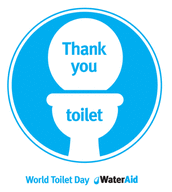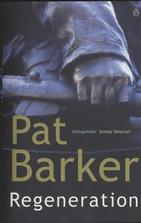
Many of us believe we have to do things in a certain way to get the creative juices flowing. It’s hard to let go of our treasured beliefs but do any of these routines actually work? Mason Currey has trawled the daily rituals of history’s creatives to identify six common themes. It’s not exactly a randomised controlled trial but, if you’re looking to boost your creativity, it’s a reasonable place to start. As you’ll see, I don’t measure up so well against the criteria. Can you do better?



























 RSS Feed
RSS Feed





















